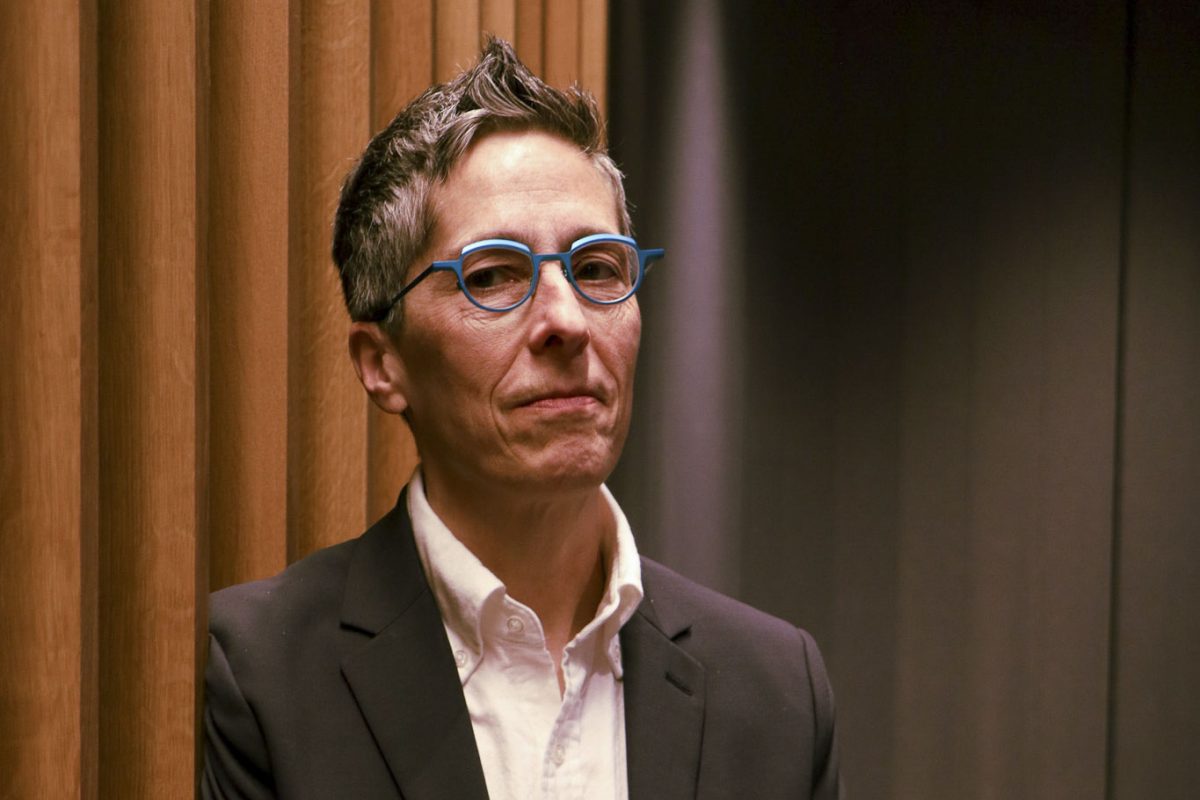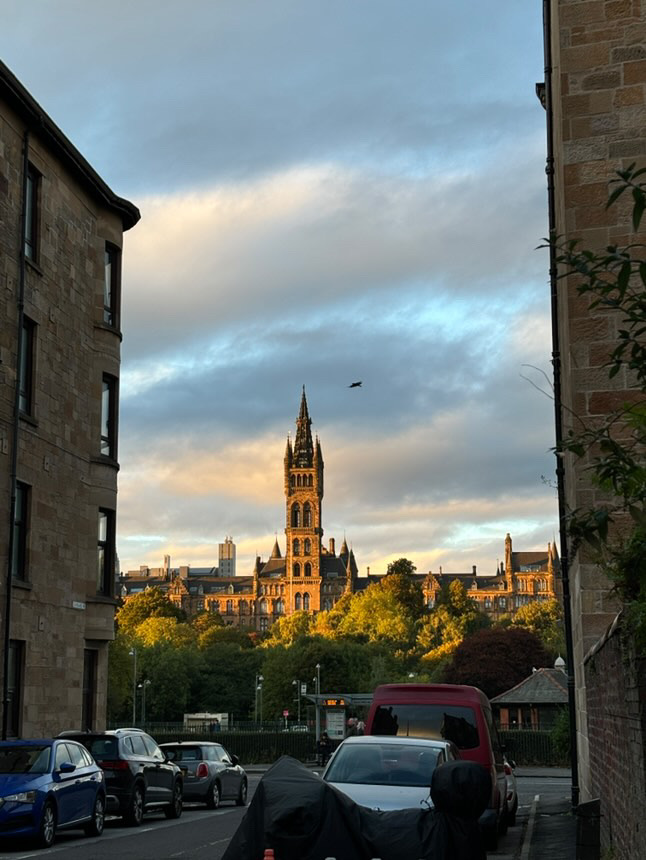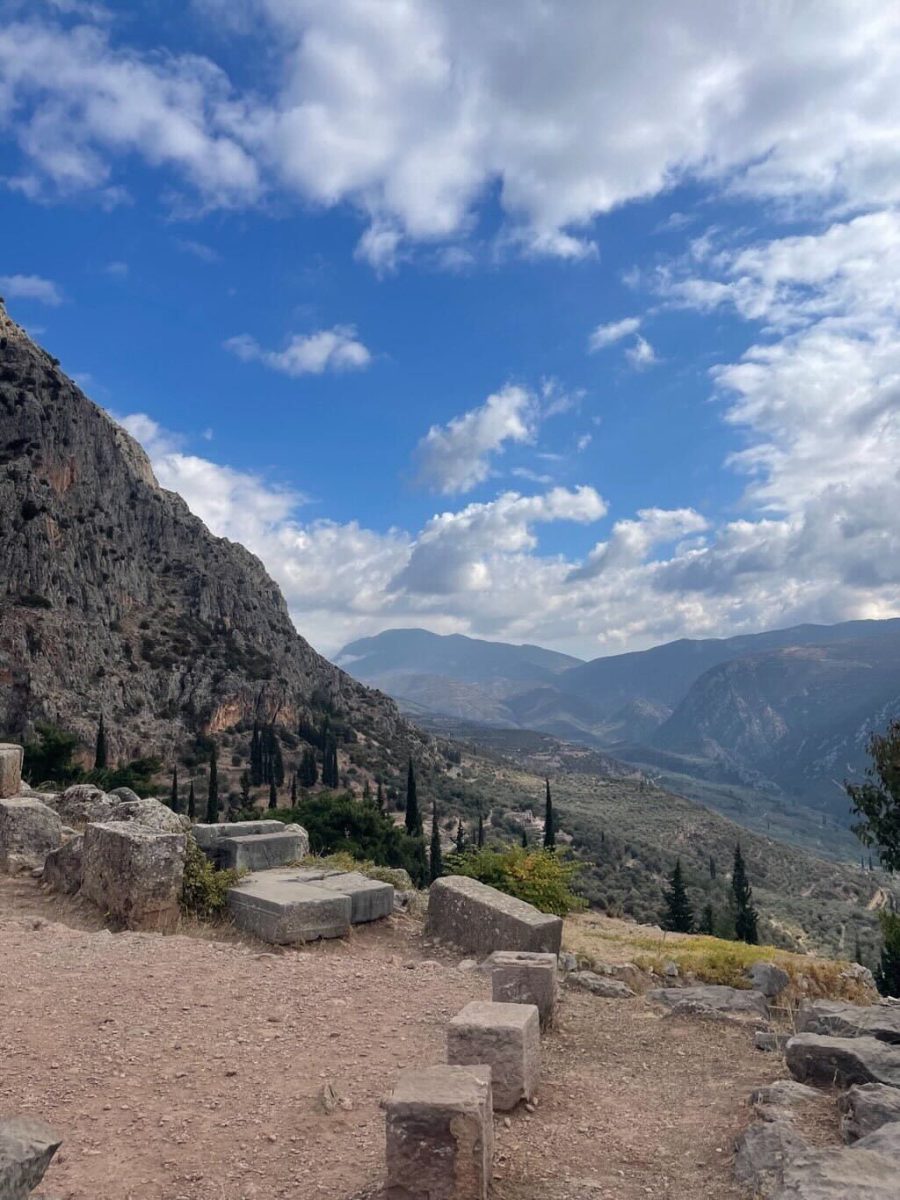By By Caitlin Coyle, News Correspondent
Decked out in purple, members of Colleges Against Cancer, a student organization dedicated to fighting cancer on college campuses, hosted a barbecue kicking off the annual Relay for Life, a walk-a-thon that raises money for cancer held Tuesday in Centennial Quad.
The event was co-sponsored by Sigma Phi Epsilon, a fraternity on campus, and the Resident Student Association (RSA).
While flipping burgers and jamming out to music, Northeastern students encouraged others to become involved with Relay For Life, which was held on Friday, April 10, at Harvard University.
Relay for Life aims to raise funds and further community involvement. In addition, it strives to give colleges and communities the opportunity to take hold of their own mission against cancer, whether it is through walking, fundraising or spreading awareness, said Kathleen Kurtz, co-chair of the Colleges Against Cancer organization at Northeastern.
According to the American Cancer Society website, one in three people will be diagnosed with cancer in their lifetime. The funds raised at Relay for Life events go directly towards saving lives by funding prevention education, early detection, advocacy efforts and research.
Members of Colleges Against Cancer used the barbecue as a platform to inform students of the opportunities to get involved and participate in the walkathon that weekend.
‘This is the first year that Colleges Against Cancer has been involved with Relay for Life,’ Kurtz said.
Northeastern has teamed up with other major colleges including Harvard, Wellesley, Babson and Massachusetts Institute of Technology in preparation for this year’s Relay For Life event. Students and community members often see the Relay for Life as the American Cancer Society’s signature activity, offering teams of people a chance to participate in the fight against cancer by walking and fundraising and through advocacy efforts.
On Friday, the various teams of people took turns walking around a track or path for 12 hours.
‘It’s supposed to symbolize the idea that cancer never sleeps,’ Kurtz, a sophomore political science major, said.
Like Kurtz, Corey Allard, a sophomore biochemistry major, said he has participated in the Relay for Life since high school. However, this year Allard said he has felt the importance of the Relay for Life on a more personal level.
‘Just recently my grandmother was diagnosed with lung cancer, and that is another reason to keep doing it,’ Allard said.
Allard plans to continue the fight against cancer on Northeastern’s campus. He has been pushing to raise awareness of cancers that college students are most susceptible to, such as skin or lung cancer.
To Emily Moray, president of Colleges Against Cancer, this event serves as a way to get more students involved in local cancer prevention efforts, she said.
‘It means fundraising for better cancer treatment, less invasive surgeries and supporting cancer patients,’ said Moray, a sophomore nursing major.
Moray said she intends to pursue a career in oncology, and similar to Allard, she said her greatest goal is to educate students about risk factors and ways to protect against cancer.
‘It’s about creating a level of awareness surrounding cancer,’ she said.
A number of students said they were impressed by the efforts of the Colleges Against Cancer, Sigma Phi Epsilon and RSA.
Ned Sweet, a senior environmental studies major, made a donation to the Colleges Against Cancer after enjoying a burger off the grill.
‘This was a well-run event,’ Sweet said. ‘I also think this is a great way for students to learn more about the efforts to fight cancer.’
While members of the student groups said they were happy with the outcome of Tuesday’s event, they said there is still more work to be done. And, though Moray has access to information about cancer through her class work and lectures, she said more people must understand cancer. Moray has made it her mission to spread the word about cancer to as many students as possible, she said.
‘If one less person gets cancer on our campus, or if one less family gets diagnosed … then we’ve done what we’re here to do,’ she said.








